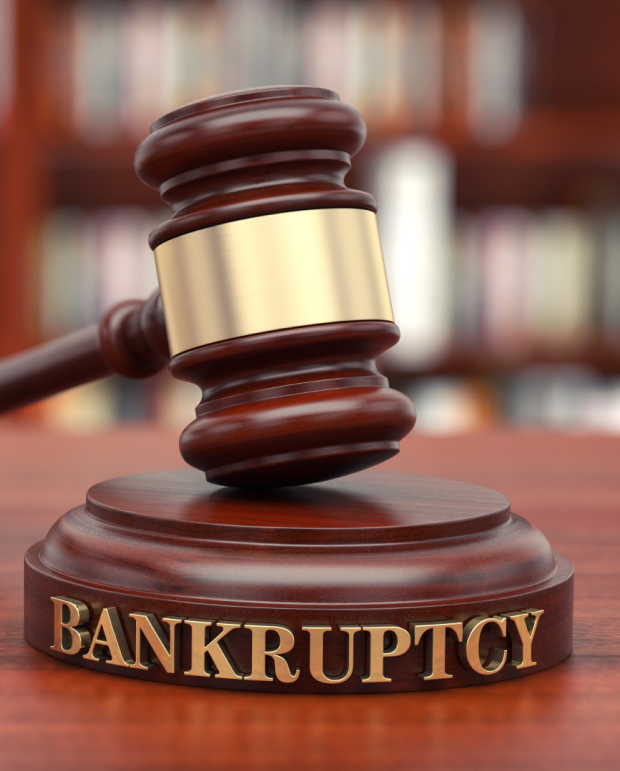Expert Bankruptcy & Debt Relief Insights
Get the knowledge you need to make informed decisions about your financial future. Our expert legal insights
can help you navigate complex debt relief options.
When Credit Card Debts Aren’t Dischargeable in Bankruptcy
When Credit Card Debts Aren’t Dischargeable
In addition to medical bills, one of the leading causes of bankruptcy in the United States is too much consumer debt, largely from credit cards. Chapter 7 bankruptcy in particular can be extremely appealing to those with lots of credit card debt as it promises to completely discharge all credit card debt (no matter how high the amount) once a bankruptcy trustee has reviewed your petition and assets.
Of course, anything that sounds too good to be true usually is, and there are some limitations under the law for discharging credit card debts so that at least some of those bills might stick with you through a Chapter 7 or Chapter 13 bankruptcy filing.
Fraud and Bankruptcy
One type of debt that is never dischargeable in bankruptcy is a debt incurred through fraud or misrepresentation. If you can convince a bank that your income is much higher than it really is to obtain a higher limit on your credit cards, the bank could object to your bankruptcy filing on these grounds so that you have to keep paying down your credit card bills.
But more often than not, clear cut cases of fraud do not prevent a debtor from discharging credit card debts as very few people rack up huge debts by lying to creditors. More often than not, a debtor makes incurs debts in good faith, but given the circumstances surrounding these actions, bankruptcy courts believe there is a “presumption of fraud” that makes these debts nondischargeable.
The Luxury Goods and Services Presumption of Fraud
Odds are that if you’re filing for bankruptcy, your finances have been hurting for awhile, and you’ve been considering filing for some time. To prevent consumers from purposely racking up too much debt right before filing for Chapter 7 or Chapter 13 bankruptcy, there is built into the bankruptcy code a presumption that if a consumer spends more than $650 on “luxury goods and services” in the 90 days immediately preceding a bankruptcy filing, the purchases are fraudulent and thus not dischargeable in bankruptcy.
Unfortunately, the way the law is written, “luxury goods and services” can be considered much more than just a bunch of expensive electronics or a day at the spa. The statute defines “luxury goods and services as anything that isn’t “reasonably necessary for the support or maintenance of the debtor or a dependent of the debtor.”
So if you went out for a sizable, but not huge dinner a month before filing for Chapter 7 bankruptcy, the court could conceivably label it a luxury service you’ll be stuck paying for after your case wraps up.
The Cash Advances Presumption of Fraud
Similar to the luxury goods and services presumption of fraud, one or more cash advances of $925 or more is presumed to be a debt incurred fraudulently if it occurs within 70 days of a petition to file for bankruptcy.
In either case, the creditor need only show evidence that the purchase or advance was made to gain the benefit of the presumption. The creditor also must file an objection to the discharge of the debt. If no objection is filed, a court will not automatically refuse to allow these debts to be discharged.
It’s important to note though that a presumption does not automatically mean that you will not be able to discharge these debts if they were incurred within the time limits. You could take out a $1,000 cash advance a month before filing for bankruptcy, but if you can present evidence to the court showing that you had every intent of paying it back and only took the money out to prepare for a new job that you quickly lost, the court may still discharge the debt.
On the other hand, if you purchase a large amount of luxury goods six months before filing for bankruptcy and it appears that you did so knowing you would never pay down the debt, the creditor will not have the presumption of fraud on their side, but if other evidence they present points to fraud, those debts will remain with you after the bankruptcy proceedings.
Are You Ready to File for Bankruptcy?
Bankruptcy can be a wonderful tool for discharging your debts, but it’s important to understand its limits. Only certain types of debt can be discharged in Chapter 7 or Chapter 13 bankruptcies, and those debts can’t be incurred through fraud. The law Offices of Melanie Tavare of Oakland and Hayward can help you understand whether Chapter 7 or Chapter 13 bankruptcy is right for your situation. Contact the Law Offices of Melane Tavare through our website, or call our office at 510-255-4646 to speak with an attorney.
The Law Offices of Melanie Tavare is a debt relief agency. We help people file for bankruptcy relief under the Bankruptcy Code.
